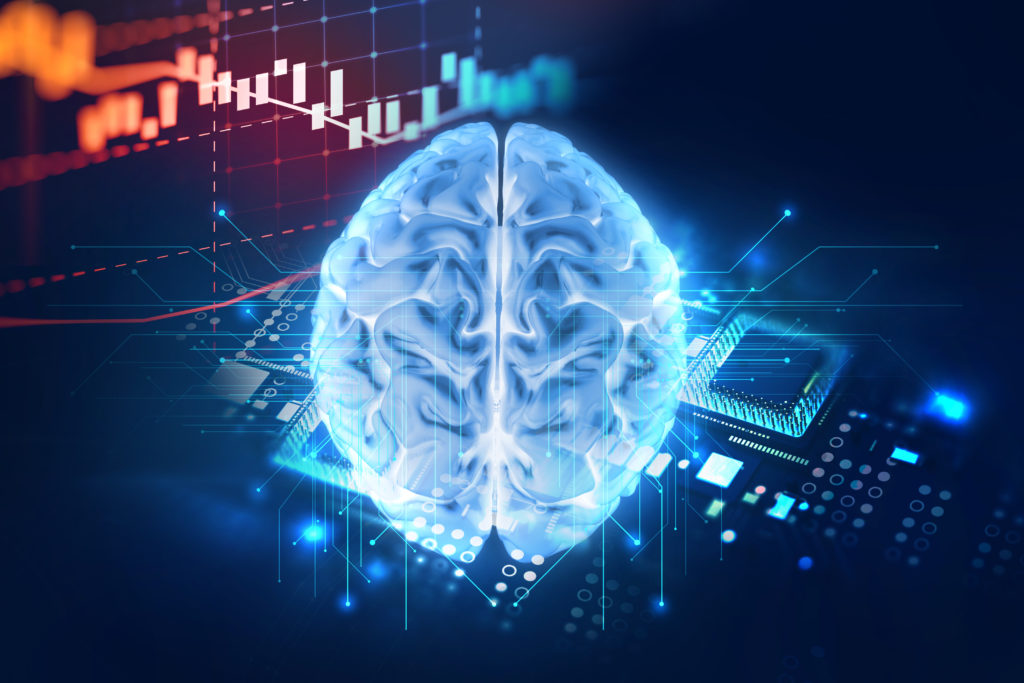 To some, the rise of artificial intelligence (AI) in today’s modern society stirs up memories of the film adaptation of Mary Shelley’s Frankenstein, eliciting both awe and horror. To others, the developments in AI spark a fascination and excitement for the possibilities limited only by one’s imagination. Smart phones, cars, and homes are only the sprouts of the AI revolution that has taken root. The question remains, however: Do the benefits of AI outweigh the risks? Below are a few benefits as well as risks to consider:
To some, the rise of artificial intelligence (AI) in today’s modern society stirs up memories of the film adaptation of Mary Shelley’s Frankenstein, eliciting both awe and horror. To others, the developments in AI spark a fascination and excitement for the possibilities limited only by one’s imagination. Smart phones, cars, and homes are only the sprouts of the AI revolution that has taken root. The question remains, however: Do the benefits of AI outweigh the risks? Below are a few benefits as well as risks to consider:
Some Benefits
- Data management: AI is extremely helpful when it comes to gathering and analyzing big data to improve efficiency and personalization (the latter of which can also be a risk, however- see below). According to Google’s DeepMind Project, using AI to manage data in the healthcare industry carries the potential to improve equality of access to care, increase the speed of care, open up new methods of diagnosis, and facilitate continual learning and improvement.
- Improving the Internet of Things (IoT) and Cyber Security: According to Sapin (2017), “AI will also help better secure the IoT world by anticipating and fighting intruders more quickly than human beings can.” On the flip side, hackers could also use AI to analyze and exploit weaknesses. To help you learn more about about cyber security and ethical hacking techniques, IEEE offers online cyber security training.
Some Risks
- Transparency: Journalists wonder about the ethical issues of using AI to help reporting, such as how to disclose information about robotic writing to readers and acquire information legally and ethically (Renner, 2017). According to Angela Bassa, being transparent often comes at the cost of profit and scalability.
- Personalization: While personalization can also be considered a benefit of AI, it “challenges the concept of news as a public record,” such that the news we read is customized to fit our background and preferences, eliminating the ability to store one single story for everyone (Renner, 2017) and provide an unbiased baseline viewpoint.
It is easy to see that “in many areas, AI is a double-edged sword” (Sapin, 2017). The fact that AI continues to advance makes it seem that the benefits are worth taking the risks though, until proven otherwise.
For more information, get a quote for our new 5-course online training program for Artificial Intelligence and Ethics in Design.
References:
Renner, N. (2017). As AI enters newsrooms, journalists have urgent responsibility. Columbia Journalism Review.
Sapin, E. (2017). How AI and IoT must work together. Venture Beat.


Wow, it’s interesting that artificial intelligence can be used to help make data management more efficient. I can imagine that larger companies bring in large amounts of data. I would think that artificial intelligence helps large companies be more efficient and productive.
I think benefits are definitely outweighing the risks. In the nearest future, we will have AI that will disrupt a lot of industries, so I think that any risks are definitely worth it.
AI is extremely helpful when it comes to gathering and analyzing big data to improve efficiency and personalization. Overall, large language models are a powerful tool for generating human-like language, but their use must be carefully considered to ensure that they are used ethically and responsibly.